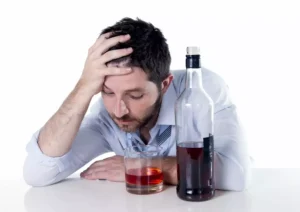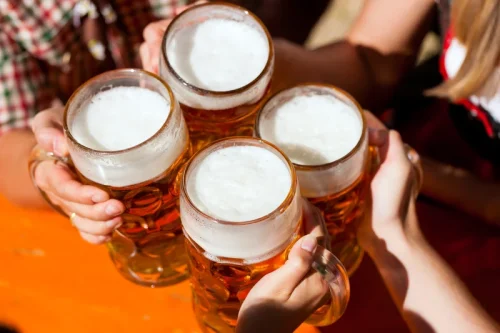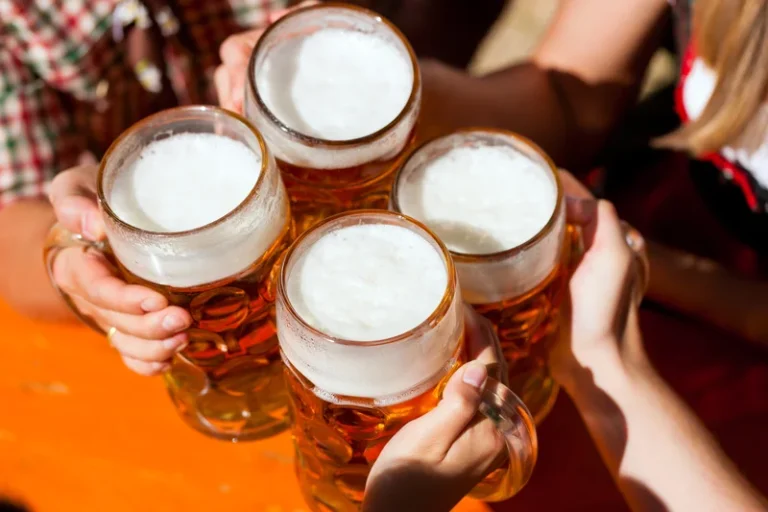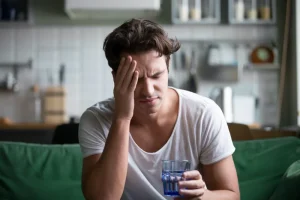
First things first, build yourself a support network stronger than a hemp rope. Surround yourself with people who support your decision to quit. And no, your dealer doesn’t count as support, no matter how much he says he’ll miss you.
- With the closure of SROL, more participants may now discover local meetings through SMARTfinder.
- Their diverse expertise ensures our resources and product are innovative, evidence-based, and effective.
- That’s why we have a comprehensive set of treatment providers and don’t charge for inclusion.
- Your future self will thank you for taking this step towards a healthier, happier life.
The Anonymous People Philadelphia Premiere
Pot smokers who are classified as marijuana abusers frequently report that they have withdrawal symptoms that include sleeplessness, no appetite, anxiety, cravings to use, and irritability. While any of these can make quitting difficult, the combination of several symptoms can make it difficult to stay on the road to recovery. Long-term use of marijuana has been proven to have addictive potential. In most cases, first-time users will not become addicted and even occasional users who smoke pot recreationally may not become addicted to the drug.

Marijuana Misuse and Addiction: Signs, Symptoms and Treatment
- Undergoing behavioral therapy can help you understand your addictions and motivations better.
- Understanding the how to stop weed addiction journey involves recognizing these long-term consequences and taking proactive steps towards recovery.
- Marijuana addiction, though not as deadly or dire as some other addictions, is still challenging to overcome, taking time, effort and patience.
- Whichever way you take it, repeated use increases the risk of feeling like you need to use marijuana daily, eventually causing you to be unable to stop using it on your own.
It requires addressing the psychological and emotional aspects of addiction. Long-term misuse of cannabis can lead to negative outcomes, such as impaired memory, cognitive function, and mental health issues 6. Comprehensive treatment programs aim to mitigate these effects and help individuals rebuild their lives. Detoxification is the first step in the recovery journey from cannabis addiction.
The Benefits of Dialectical Behavior Therapy in Mental Health Recovery
Remember folks, no man (or woman) is an island – especially when it comes to addiction recovery. There’s a whole world of support out there, just waiting for you to reach out and grab it. Finally, set some goals and make a relapse prevention plan. Having something to work towards can keep you motivated, and knowing how to handle potential triggers can help you stay on track. Now, you might be thinking, “But wait, isn’t weed supposed to be harmless? ” Well, surprise, surprise – it’s not all peace signs and tie-dye shirts.

Individuals experiencing depressive symptoms due to cannabis addiction should consider seeking specialized treatment. Comprehensive treatment programs that address both the addiction and the underlying mental health issues are essential for a successful recovery. For further resources on managing and overcoming addiction, refer to our articles on how to stop social media addiction, how to how long does weed stay in your system stop video game addiction, and how to stop sex addiction. Healing from cannabis misuse involves more than just physical detoxification.
Benefits of Marijuana Anonymous
Marijuana Anonymous (MA) meetings are a great place to start. It’s like Alcoholics Anonymous, but with more snack breaks. These meetings provide a supportive environment where you can share your experiences and learn from others who are on the same journey. Now, if you’re more of a do-it-yourself kind of person, don’t worry – there are plenty of self-help strategies you can employ in your quest for sobriety. Just remember, while these can be helpful, they’re not a substitute for professional help if you’re dealing with severe addiction.

It’s like playing Russian roulette with your brain cells. Support groups are one of the most popular ways people receive help. There are many support groups available to those who wish to kick their habit. Marijuana Anonymous (MA) is the most substance-specific support group for https://ecosoberhouse.com/ this addiction. This group is modeled after Alcoholics Anonymous (AA), including a 12-step program to work through the addiction.
However, there are Oxford House also those who receive inpatient treatment to kickstart their recovery, knowing that the hands-on care and support is beneficial to their recovery maintenance. The longer someone uses marijuana, and the more they take it, the more intense the long-term effects can be. For example, someone who has smoked marijuana once a week for several years likely won’t experience the same slew of negative effects as someone who’s smoked daily for the last decade. Our advisory board brings together leaders in behavioral health, technology, and business.
The Benefits of Animal-Assisted Therapy for Addiction and Mental Health
This support network can be made up of family and friends, fellow patients you meet in treatment, people you interact with at 12-step meetings, and even online support groups and forums. For those seeking a comprehensive approach to overcoming marijuana addiction, support from organizations like the SAMHSA Helpline and Marijuana Anonymous can be invaluable. Many people who get treatment for marijuana addiction use behavioral therapy to tackle the psychological aspects of their addiction. The amount of time spent in behavioral therapy varies from person to person but may last roughly 12 weeks. Undergoing behavioral therapy can help you understand your addictions and motivations better.